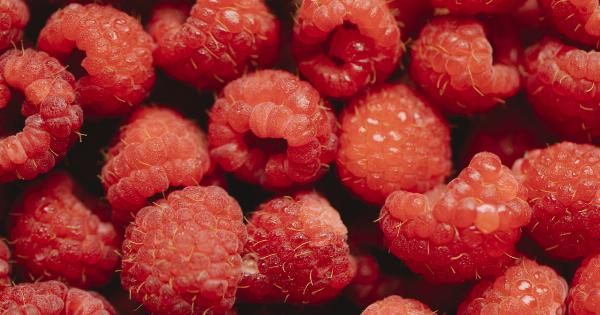When it comes to keeping our bodies healthy, it’s not always easy to know what to eat. The good news is that there are some simple foods you can add to your diet that will make a big difference when it comes to your heart and intestines.
One of those foods is a little seed that is gaining in popularity: chia seeds.
What are Chia Seeds?
Chia seeds come from a flowering plant in the mint family that’s native to Mexico and Guatemala. The seeds themselves are small and round, with a black or white color.
They have been used for centuries by indigenous people for their health benefits, but they have only recently gained popularity in the Western world.
Nutritional Benefits of Chia Seeds
Chia seeds are packed with nutrients. In just one ounce of chia seeds (about two tablespoons), you get:.
- 11 grams of fiber
- 4 grams of protein
- 9 grams of fat (most of which is healthy omega-3 fatty acids)
- 18% of the recommended daily intake of calcium
- 27% of the recommended daily intake of phosphorus
Chia seeds are also low in calories, with just 137 calories per ounce.
How do Chia Seeds Help Your Heart?
Studies have shown that chia seeds may help lower cholesterol, a risk factor for heart disease.
One study in particular found that people who added chia seeds to their diet for 12 weeks saw a significant reduction in their LDL (“bad”) cholesterol levels.
Chia seeds are also high in antioxidants, which can help reduce inflammation and prevent damage to the cells in your body.
This can be especially important when it comes to your heart, as inflammation can damage the lining of your blood vessels and contribute to heart disease.
How do Chia Seeds Help Your Intestines?
Chia seeds are high in fiber, which is important for keeping your intestines healthy. Fiber helps keep your bowels regular and can prevent constipation. It also feeds the good bacteria in your gut, which can help improve your overall gut health.
In addition to being high in fiber, chia seeds are also high in a type of soluble fiber called mucilage. Mucilage is a gel-like substance that forms when chia seeds are mixed with water.
This substance can help improve digestion and prevent issues like bloating and gas. It can also help lower inflammation in the gut, which can be especially beneficial for those with inflammatory bowel disease (IBD).
How to Add Chia Seeds to Your Diet
Chia seeds are incredibly versatile and can be added to all sorts of foods. Here are a few ideas:.
- Make chia seed pudding by mixing chia seeds with almond milk and sweetener of your choice
- Sprinkle chia seeds on top of your yogurt or oatmeal
- Add chia seeds to your smoothies
- Use chia seeds as an egg substitute in recipes
Precautions
While chia seeds are generally safe for most people to consume, there are a few precautions you should be aware of:.
- Chia seeds are high in fiber and can cause bloating, gas, and other digestive issues in some people. Start with a small amount and work your way up to see how your body reacts.
- If you have a history of swallowing problems, talk to your doctor before consuming chia seeds, as they can expand in your throat if not properly hydrated.
- If you are taking blood-thinning medication, talk to your doctor before consuming chia seeds, as they may interact with your medication.
Final Thoughts
Chia seeds are a versatile and nutritious food that can provide a range of health benefits, including keeping your heart and intestines healthy.
Whether you add them to your smoothies, sprinkle them on your yogurt, or use them as an egg substitute, there are endless ways to incorporate chia seeds into your diet.






























